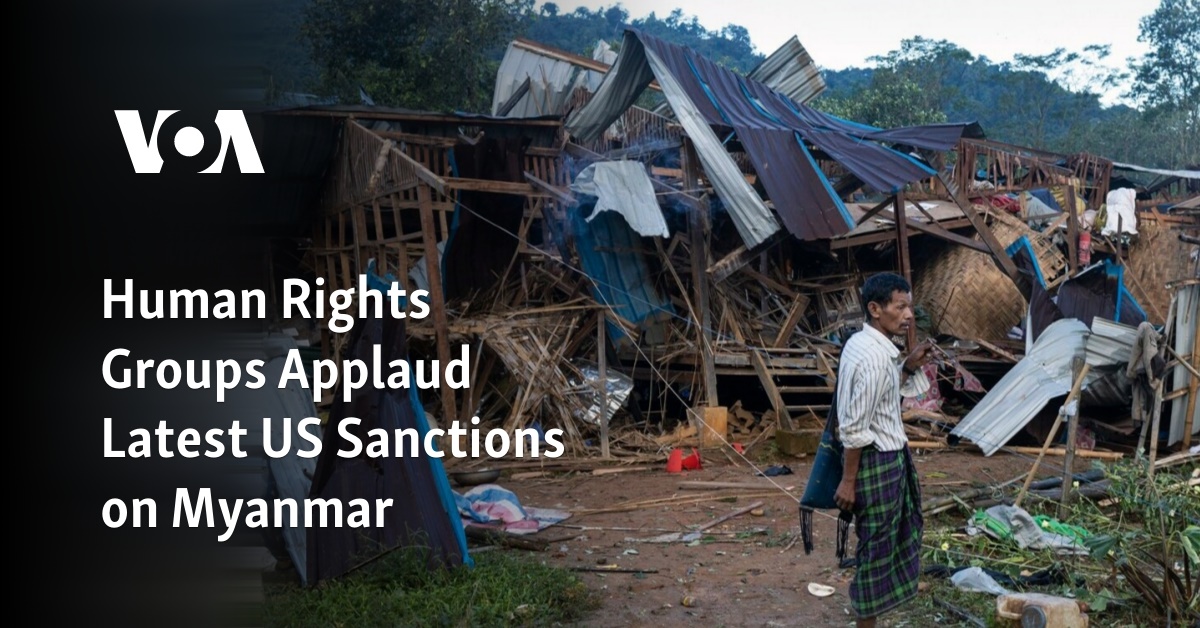
The Isthmus of Tehuantepec, the narrow strip of land that separates the Gulf of Mexico from the Pacific Ocean in the southern Mexican state of Oaxaca, is known for its spectacularly strong winds, which have overturned many a truck on its thoroughfares. The isthmus is also currently the site of a mass movement of people, as refuge seekers from Central America to Africa and beyond navigate the landscape in the hope of eventually reaching the United States, still about 2,500 kilometers (1,550 miles) to the north.
And for these thousands upon thousands of people on the precarious journey, overwhelming winds are just one of countless existential obstacles.
I recently spent a few days in the headland town of Juchitán and took a taxi to the nearby village of Santo Domingo Ingenio, where I met a Venezuelan family of ten whom I had made the acquaintance of At the beginning of November in the neighboring state of Chiapas, which borders Guatemala. As we drove up the highway from Juchitán, the taxi swayed in the wind as we passed swaying groups of people heading in the opposite direction. Some carried babies or pushed strollers, others shielded their faces from the bright sun overhead.
The family had joined the latest northbound migrant caravan to form in Mexico – although the caravan has since moved in line with the divide-and-conquer tactics of the Mexican government and mafia groups, which share a common goal of criminalizing the Migration through the United States has largely dissipated. Since this family has no money for food – let alone to take advantage of the transportation organized by the mafia or the inflated “migrant prices” unofficially imposed by Mexican bus companies, they belong to the class of refugees who are essentially reduced to walking to America.
The youngest member of the extended family is an eight-year-old boy; there are also two 13 year olds, a boy and a girl. I brought them some cash, water, and a pile of Juchitan fried chicken, and we sat on the plastic sheet that served as their bed in the central pavilion of Santo Domingo Ingenio, where the caravan was to camp for the night.
They filled me in on everything that had happened since our last meeting in Chiapas, including being thrown various objects at by obviously xenophobic locals and being forcibly separated by Mexican immigration officials. Thanks to this sadistic ploy by state officials, who bused the children and one of the women to an unspecified location just a few hours away from the others, the family spent several sleepless nights before they were able to regroup.
Most family members could barely walk because the soles of their shoes and feet were torn from hours of contact with the scorching pavement. One of the women, laughing, showed me her innovative solution to the gaping holes in the bottom of her pink plastic clogs, which was to use sanitary napkins as liners. Somehow they all retained a distinct kindness that, if I had been in their place, would surely have long since disappeared, pulverized somewhere on the road from Venezuela to Mexico.
The last time we met, the family talked about their hike the Darien Gap, the corpse-strewn stretch of jungle between Colombia and Panama, which they likened to “a horror movie.” In one scene, they said, while on the road they examined a hand sticking out of a tent and discovered it belonged to a dead pregnant woman inside.
Despite the horrors of the jungle, the family reported that they would conquer the Darién Gap over Mexico any day. They hobbled with me back to my taxi, which was parked next to a few heavily armed, balaclava-wearing contingents of the Mexican National Guard, bravely guarding the country against asylum-seeking pedestrians.
Admittedly, refugee caravans to the United States have long been a source of extremely high-profile scaremongering. When the first caravan set out from Honduras in 2018, then-US President Donald Trump warned on Twitter that “criminals and unknown people from the Middle East are mixed” – a matter that amounted to a veritable “national emergency.”[sic].”
And while Trump’s successor Joe Biden should actually pursue a nicer and less sociopathic migration policy, the US remains on the basis of a “national emergency” while Biden blatantly expands Trump’s vision of border fortification. Obviously the USA continues to be responsible for this causing much of the international political and economic chaos This leads to people leaving their country in the first place.
For his part, Mexican President Andrés Manuel López Obrador (AMLO) acted dutifully recruited Mexico in the US war on asylum seekers and recently praised Biden for allegedly refraining from building border walls – undoubtedly an odd compliment for someone who does that build a storm.
Meanwhile, in Juchitán, collaborative extortion by the state mafia is in full swing, and refugee seekers with access to money are being severely exploited. For example, when two Danish friends and I visited a particular hotel in the city center, we found it crowded with citizens of the African nation of Mauritania, many of whom were fleeing political persecution and fear of torture in their homeland. In the hotel lobby, two women sat at a table, tending to passports, stacks of hundred-dollar bills and a credit card machine.
Before me, a man from the Mexican state of Sinaloa, who was involved in coordinating the operation, openly told my friends and me that the Mauritanians – who had entered Mexico without a visa – were taken by bus from for “about 10,000 pesos” per person Juchitán would be brought to Mexico City person or almost 600 dollars. The buses wouldn’t be stopped by Mexican immigration officials, we were told, because the obscene bus fare presumably made it possible to pay off all the right people and still have enough left.
The same night I visited the Venezuelan family in Santo Domingo Ingenio, I received news from them that the caravan had been expelled from the village and relocated to a village even further away from Juchitán – which meant their route to the US -Border now so long would be longer.
Two days later they were still in the same village, where reports emerged that caravan participants were being kidnapped and held for ransom. Petrified, the family planned to separate from the remains of the caravan and cope alone with being blown away by the winds of the Isthmus of Tehuantepec.
If only winds could break down boundaries and restore humanity to order.
The views expressed in this article are the author’s own and do not necessarily reflect the editorial stance of Al Jazeera.






Recent Comments